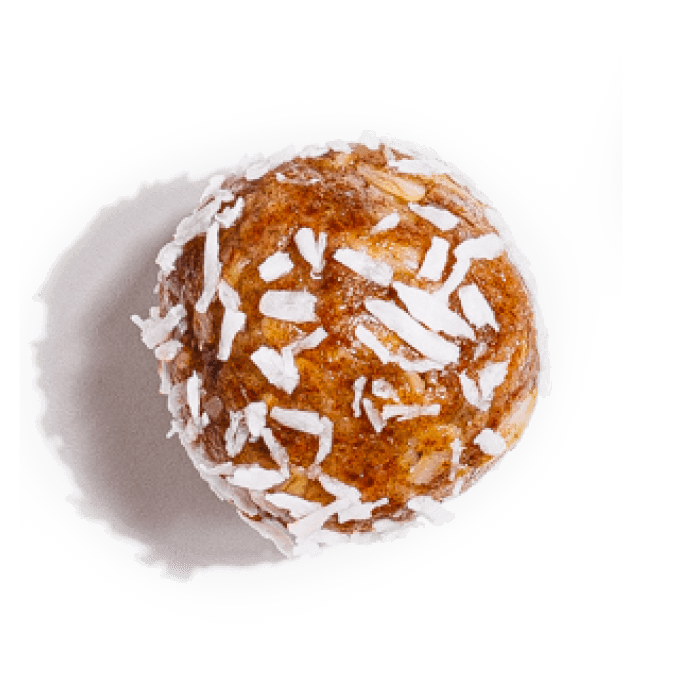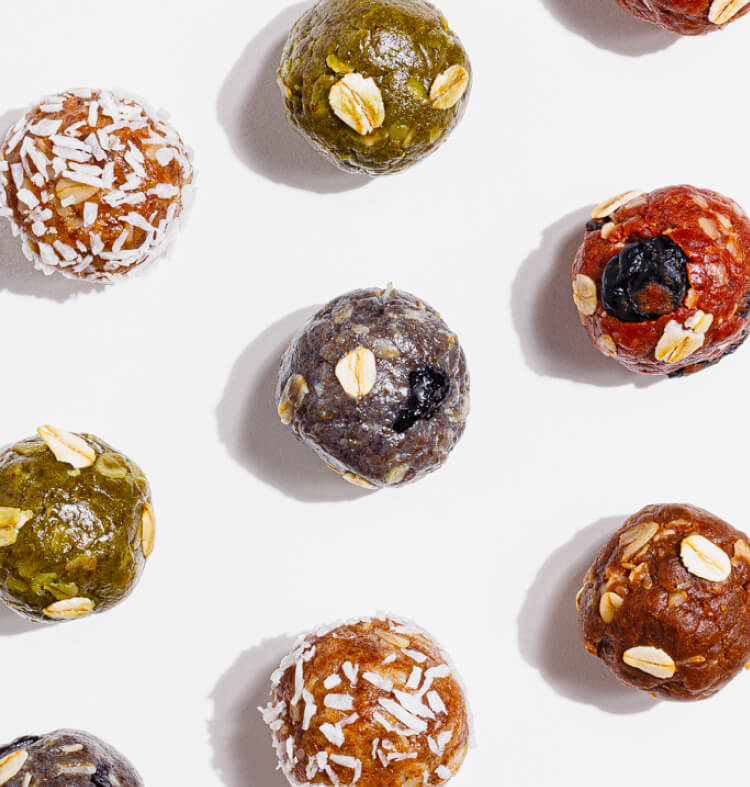By: Krista Maas de Villiers, BSC Dietetics
Breastmilk is often called “liquid gold”—but few people realize it’s also incredibly personal. It’s made by you, from you, using the nutrients available in your body.
And while the volume of breastmilk is primarily driven by supply and demand, its quality—especially when it comes to micronutrients—is heavily influenced by your diet¹.
In this post, we break down how breastmilk is made, what affects its composition, and how real food nutrition (like Nunona) can support both your milk and your recovery.
How Breastmilk Is Made: The Basics
Breastmilk production begins before your baby is born, and happens in three main stages:
-
Lactogenesis I begins during pregnancy, when colostrum is produced
-
Lactogenesis II starts postpartum, as milk “comes in” due to hormonal changes
-
Lactogenesis III maintains supply—driven by frequent feeding and maternal nutrition²
To produce milk, your body pulls nutrients from your bloodstream, drawing on what you eat and what’s stored in your tissues. That means what you eat does matter—for both you and your baby.
What You Eat Does Affect Breastmilk Quality
While the protein, fat, and sugar content of milk stays relatively stable, key micronutrients depend entirely on maternal intake³. These include:
-
Choline – for brain development
-
Vitamin A – for vision and immunity
-
B6 and B12 – for metabolism and mood
-
DHA and other fatty acids – for neurodevelopment
-
Selenium, iodine, magnesium – for thyroid and nervous system support
As Innis (2014) and other researchers note, the maternal diet directly impacts the concentration of these nutrients in breastmilk³. If you’re low, your milk may be low too.
What Your Milk Needs—and Where Most Diets Fall Short
After pregnancy and birth, nutrient stores are already depleted. If your diet isn’t rich in key micronutrients—or if you’re relying on synthetic supplements—your body may struggle to maintain both recovery and milk quality.
Common postpartum shortfalls include:
-
Choline: 94% of women don’t meet needs⁴
-
Magnesium: 47.5% fall short even with supplements⁵
-
Vitamin B6: needed for milk production and mood⁶
-
DHA and iron: not present in most lactation snacks or synthetic prenatals
Most lactation products on the market focus on calories or herbal boosters—not complete nourishment. And many contain synthetic isolates that are poorly absorbed or overly processed.
Breastfeeding Takes Energy—A Lot of It
Producing breastmilk is biologically demanding. You burn an estimated 400–500 extra calories per day while breastfeeding⁴. And unlike a synthetic pill, which offers no energy or calories, Nunona was intentionally designed to deliver fuel as well as function.
Each bite includes:
-
Slow-release carbohydrates from dates and oats
-
Healthy fats from coconut and seeds
-
Plant-based protein for steady energy
-
Fiber for digestive support and fullness
It’s nutrition that keeps you going—because your body needs more than a checklist of vitamins. It needs real food.
Blood Sugar and Hormones: The Milk-Making Connection
Breastfeeding relies on a delicate hormonal balance between prolactin, which stimulates milk production, and oxytocin, which triggers letdown. These hormones are sensitive to stress, inflammation, and blood sugar fluctuations.
When blood sugar spikes and crashes (often triggered by ultra-processed snacks or sugar-laden lactation cookies), it can:
-
Disrupt hormone signaling
-
Interfere with milk production
-
Worsen postpartum mood and fatigue
Nunona supports hormonal balance by pairing nutrients with macronutrients that stabilize blood sugar and reduce inflammation—including fat, fiber, and protein in every bite.
Functional Food for Breastfeeding: What That Looks Like
You don’t need more cookies. You need food that functions—nutritionally and biologically.
A true functional food for breastfeeding is:
-
Rich in bioavailable micronutrients
-
Formulated with fiber, fat, and protein for absorption
-
Anti-inflammatory by nature
-
Designed to support both mom and baby in the 1,000-day window
It’s not a vitamin. It’s not just a snack.
It’s real nourishment, delivered in a way your body can use.
Why Most Lactation Snacks and Pills Fall Short
Most “lactation” products on the market are either:
-
High in sugar, low in nutrients
-
Based on outdated galactagogues with limited evidence
-
Contain synthetic vitamins that are poorly absorbed and offer no energy
Even with the best intentions, these solutions often fail to support full-body healing or milk composition.
Why Nunona Supports Milk Quality and Recovery
Nunona was designed to support the entire 1,000-day journey—from conception through postpartum. Each bite contains:
-
Choline (sunflower seeds) → for baby’s brain and your nervous system
-
B6, B12, and folate (spinach, chlorella, sunflower) → for milk production, mood, and recovery
-
Magnesium and iron (pumpkin, oats, spinach) → for sleep, energy, and milk quality
-
Protein + healthy fats + fiber → for tissue repair, hormone support, and blood sugar balance
And for consistency without flavor fatigue, Nunona comes in 7 delicious flavors.
The Takeaway: What You Eat Becomes Their First Food
You’re not just feeding a baby—you’re healing from birth, rebuilding your strength, and producing a living food from your own biology. And milk quality and recovery are part of the same process.
Nunona was made to support both. With real food, real nutrients, and real energy—because nourishing your baby, starts with nourishing yourself.
References
-
Innis SM. Impact of maternal diet on human milk composition and neurological development of infants. Am J Clin Nutr. 2014;99(3):734S–741S.
-
Neville MC, Morton J. Physiology and endocrine changes underlying human lactogenesis II. J Nutr. 2001;131(11):3005S–3008S.
-
Allen LH. B Vitamins in breast milk: relative importance of maternal status and intake, and effects on infant status and function. Adv Nutr. 2012;3(3):362–369.
-
Butte NF, King JC. Energy requirements during pregnancy and lactation. Public Health Nutr. 2005;8(7A):1010–1027.
-
Wallace TC, et al. Choline: The underconsumed nutrient that matters most for women’s health. J Am Coll Nutr. 2023;42(1):101–112.
-
Bailey RL, et al. Estimation of total usual dietary intakes of pregnant women in the United States. JAMA Netw Open. 2019;2(6):e195967.










